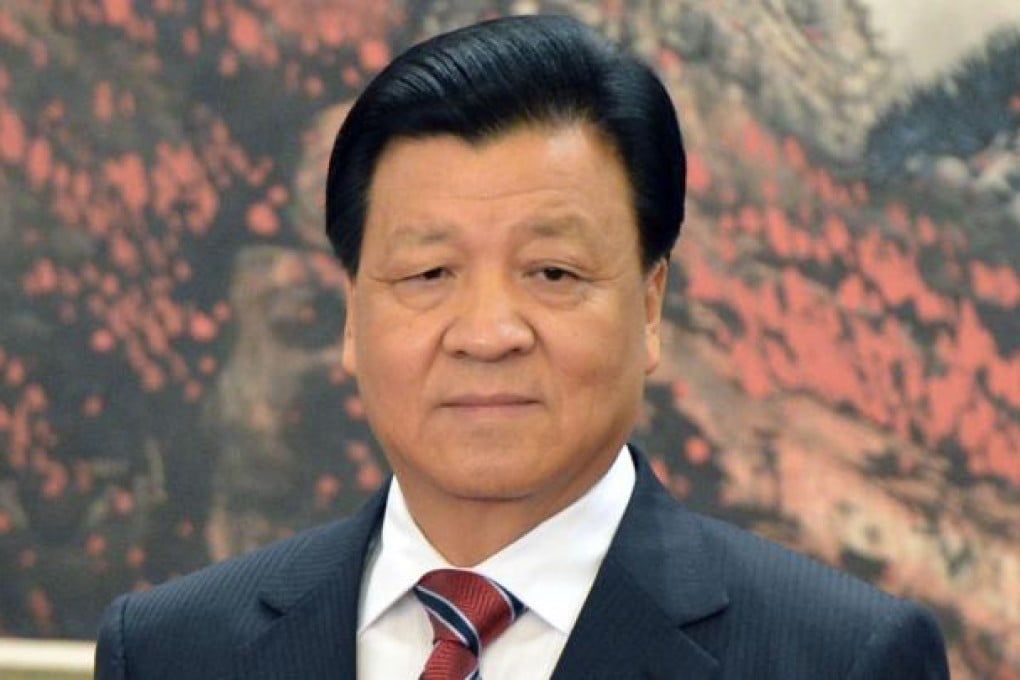Elevation of Liu Yunshan heightens censorship fears
With the mainland's top censor now on the Politburo Standing Committee, activists and journalists worry over media freedom

The elevation of top censor Liu Yunshan to the powerful Politburo Standing Committee this week worries some mainland journalists and activists who fear a tougher line on media and internet freedom, though analysts say the situation will depend on the direction set by the new party chief, Xi Jinping.
Liu, the Communist Party's propaganda chief for the past decade, has a reputation as a conservative who comes down hard on dissent.
Many blame Liu and his former boss Li Changchun, who was in charge of censorship and ideology on the last Politburo Standing Committee, for the draconian control of the media and internet during the past 10 years.
Journalists and editors on the mainland dread receiving orders from the party's central propaganda department that censor stories exposing officials' wrongdoings. Many believe freedom of speech on the mainland regressed during the 10-year reign of Xi's predecessor, Hu Jintao.
China ranked 174th in Reporters without Borders' press freedom index in 2011-2012, ahead of only Iran, Syria, Turkmenistan, North Korea and Eritrea. It ranked 163rd in 2007.
Some now fear that Liu's elevation, and a new Politburo Standing Committee dominated by hardliners, signal an even harsher environment for media and free speech.